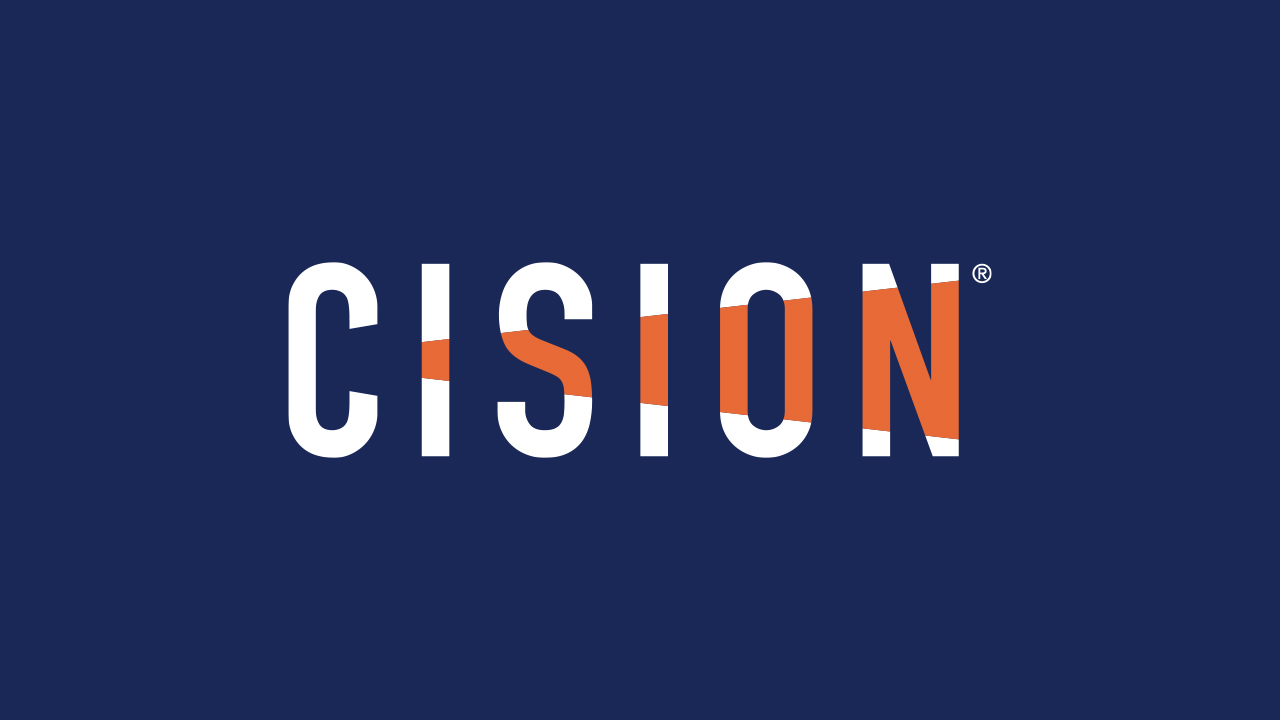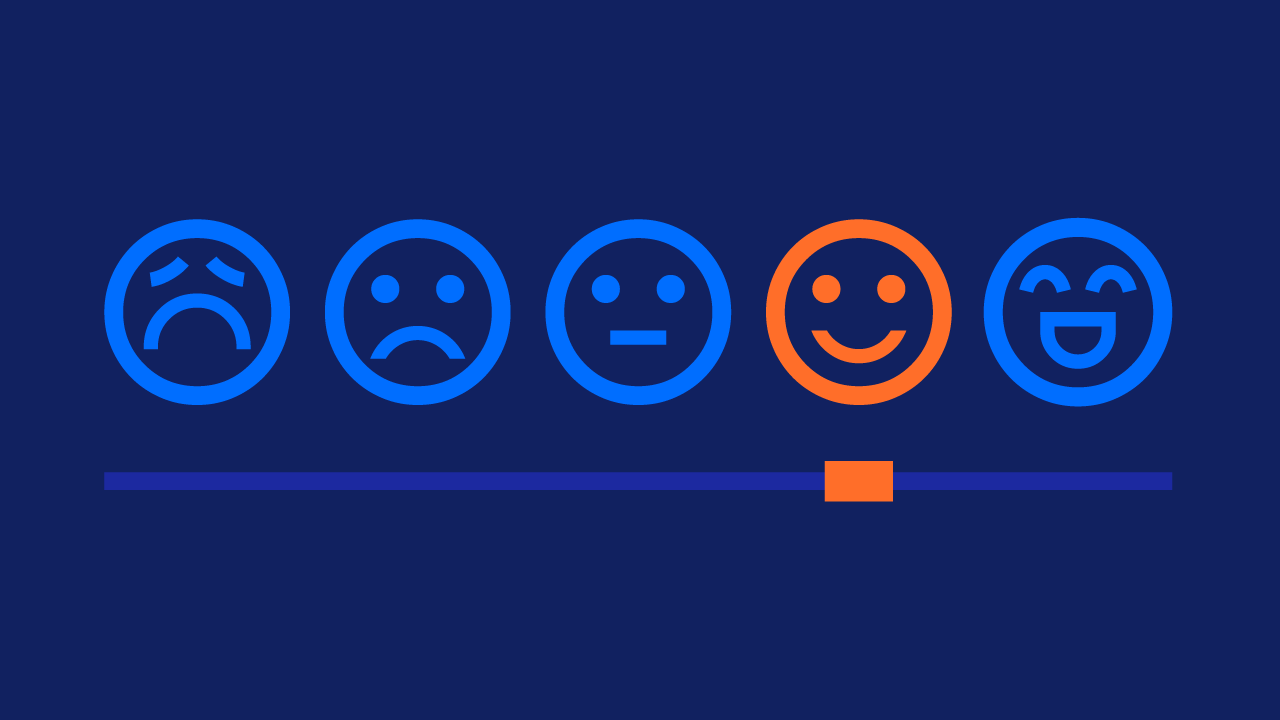On July 14, we are proud to celebrate International Non-Binary People’s Day at Cision. This is a day that we shine a light on people who identify as non-binary and celebrate the diversity of the non-binary and gender non-conforming community. Why July 14? This date was chosen because it falls exactly midway between International Women’s Day in March and International Men’s Day in November.
To celebrate International Non-Binary People’s Day, it helps to start with an understanding of what it means to identify as non-binary. The “gender binary” refers to the idea that gender is categorized into only two groups – male and female. “Non-binary," then, describes a person who does not identify exclusively as male or female. Non-binary people may identify as being both a man and a woman, flowing between the two (sometimes referred to as genderfluid), or as being outside the binary altogether.
The most important thing is to recognize non-binary people as they identify themselves. This may mean that you need to break old habits around gender assumptions and gendered language and adjust to using more inclusive, gender-neutral terms.
At Cision, we foster a culture of inclusion and belonging, where individuals can be their authentic selves, perform at their best, and bring their whole selves to work. Embody, our LGBTQIA+ Employee Resource Group, champions awareness and education, a sense of belonging, and an appreciation of all gender identities and expressions. In that spirit, here are some tips on being a proactive ally to the non-binary community within the media industry and outside:
- Recognize the power of pronouns: For many non-binary people, pronouns are about more than just how they want to be addressed. Pronouns are a way to assert an aspect of their gender that can be unseen or unaligned with people’s assumptions. As such, pronouns can have the power to either affirm or invalidate a nonbinary person’s existence.
- Use the correct pronouns for every person: You should always use the pronouns a person tells you are appropriate to use for them. Don’t make assumptions or guesses. If you don’t know someone’s pronouns, ask them, or simply refer to them by their name. Another good practice is to begin meetings by asking people to share their name and their pronouns, if they are comfortable doing so. Example: He/Him, She/Hers, They/Them.
- Share your own pronouns: By starting a conversation with your own pronouns, you signal to others that you are familiar with the concept of pronouns and are supportive of how others identify. Every time you share your pronouns, you increase the normalcy of identifying pronouns and create an opening for people to share their pronouns. In addition to sharing pronouns in conversation, you can add them to your email signature or on your LinkedIn profile as an easy reference point for others.
- Apologize if you do use the wrong pronouns: Misgendering is when you use the incorrect pronouns or other gendered language. This can happen with everyone, not just non-binary people. If you misgender a person in conversation, correct the mistake, apologize, and continue with the conversation. Demonstrate your support of the person by correcting the error, moving on, and making every effort to use the appropriate language in the future. If someone corrects you on which pronouns to use, thank them, make the correction, and continue forward using the correct pronouns.
- Avoid misgendering by using gender-neutral language: When you focus on it, you might be surprised at how much gendered language you use, both formally and informally. Here’s a quick list of inclusive, non-gendered language that you can use instead:
Boy, girl, man, woman → Person, people, human
He, she → They, that person, the client/colleague/guest
You guys → Folks, everyone, y’all, friends
Ladies and gentlemen → Valued guests, everyone
- Practice, practice, practice: Using appropriate pronouns and non-gendered language gets easier the more you practice it. Listen and learn, paying attention to pronouns in your conversations and how they are used by others.








